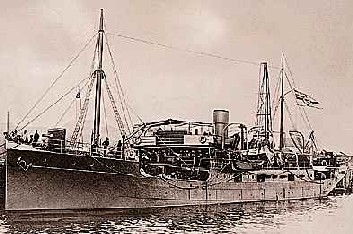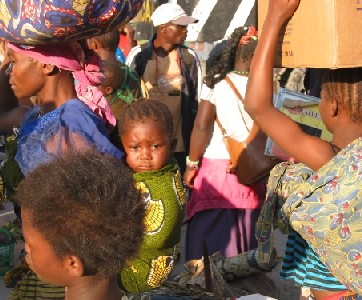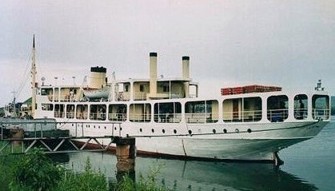Sajidu Mzalendo
Member
- Mar 24, 2011
- 5
- 0
Sioni harakati zozote za zinazofanywa na UDP kuimarisha chama. Mh.Cheyo kakifaanya chama chake kuwa NGO,chama cha mjungu (Pandikizi la CCM) dhidi ya uhujumu wa upinzani nchini. Cheyo ni mwenyekiti mfu, mbinafsi,mnafiki, mchoyo na hafai kushirikishwa kwenye harakati za vyama makini vya upinzani nchini.







